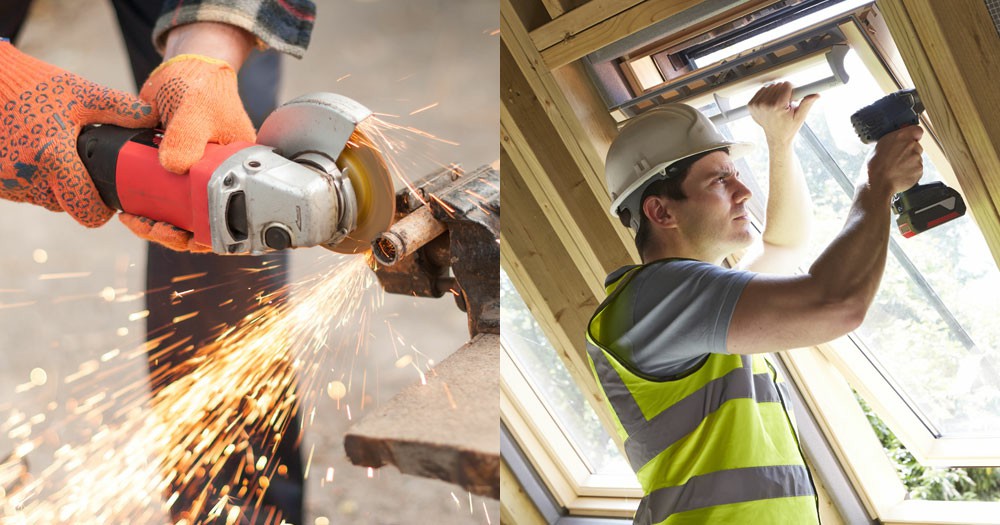Navigating Abrasive Wheels Risks: Essential Safety Practices for Irish Workplaces
Abrasive wheels are essential tools in various industries, offering the ability to cut, grind, and shape materials. However, with their powerful capabilities comes significant risk, which, if not managed properly, can lead to severe injuries and accidents in the workplace.
Understanding Abrasive Wheel Risks
Abrasive wheels can pose several hazards. Understanding these risks is the first step toward creating a safer working environment.
- Wheel Breakage: Failure to comply with specific safety standards can lead to wheel breakage, resulting in flying fragments that can cause significant injuries.
- Improper Usage: Using the wrong type of wheel for the material being worked on is a common mistake that can lead to accidents.
- Lack of Personal Protective Equipment (PPE): Not wearing appropriate PPE increases the risk of injury during abrasive wheel operations.
- Excessive Speed: Operating an abrasive wheel beyond its rated speed can lead to catastrophic failures.
Common Injuries Related to Abrasive Wheels
Understanding the types of injuries associated with abrasive wheels helps emphasize the importance of safety protocols:
- Cuts and Lacerations: These injuries commonly occur if the wheel shatters or if there’s direct contact with the spinning wheel.
- Burns: The heat generated during grinding can cause burns if the operator is not careful.
- Eye Injuries: Small particles can fly off from the wheel, leading to serious eye injuries without proper eye protection.
- Hearing Loss: Prolonged exposure to the noise of grinding can lead to hearing issues.
Mitigating Risks: Best Practices
To ensure the safety of workers using abrasive wheels, the following best practices must be implemented:
1. Comprehensive Training
Conduct regular training sessions for employees:
2. Regular Equipment Inspections
Frequent checks are essential:
- Inspect wheels for signs of wear, cracks, or damage.
- Ensure that safety guards are present and intact.
3. Adhere to Manufacturer Guidelines
Follow all safety instructions provided by the wheel manufacturer, including:
- Correct mounting procedures.
- Operating speeds and recommended wheel types.
4. Employ Personal Protective Equipment (PPE)
Always use the right protective gear:
- Eye protection (safety goggles or face shields).
- Hearing protection (earplugs or earmuffs).
- Protective gloves and clothing.
Understanding Local Regulatory Requirements
Compliance with safety regulations is crucial:
- Irish regulations require completing Abrasive Wheels Certification to maintain safe working conditions in all workplaces.
- Stay informed about any updates in safety legislation affecting your industry.
Conclusion
Abrasive wheels are powerful tools that come with inherent risks. By implementing stringent safety measures, including comprehensive training programs and compliance with local regulations, businesses in Dublin, Cork, Galway, Limerick, and Waterford can significantly reduce workplace injuries related to abrasive wheels.
To ensure safety, enroll your team in an Abrasive Wheels Training Course in Ireland today. Together, let’s create a safer working environment.
For more information, contact us at [email protected].



 349,500 Offered Certificates
349,500 Offered Certificates
 24/7 Online Training
24/7 Online Training
 Money Back Guarantee
Money Back Guarantee
 Fully Accredited Courses
Fully Accredited Courses
